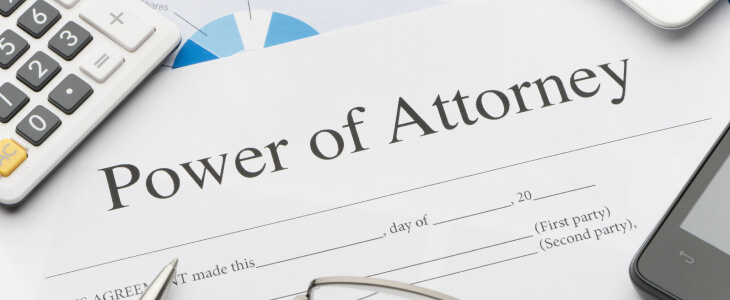A handwritten will, known as a "holographic" will, can be legally valid in Pennsylvania under certain conditions. The validity and enforceability of such a will depend on several factors determined by the state's probate laws. Contact a Pennsylvania estate planning attorney about wills today.
Considerations When Determining...
Estate Planning for Cryptocurrency Owners
In recent years, cryptocurrencies like Bitcoin and Ethereum have surged in popularity, attracting investors seeking alternative assets and decentralized financial systems. However, many cryptocurrency owners overlook an essential aspect of wealth management: estate planning. It’s important to incorporate cryptocurrencies into your estate plan to ensure the smooth transfer of assets to your...

Long-Term Care Asset Protection Strategies
As individuals age, the need for long-term care becomes an increasingly pressing concern. Long-term care, whether provided at home, in assisted living facilities, or in nursing homes, can be financially burdensome, potentially depleting a lifetime of savings and assets. To protect your assets and preserve your financial security in the face of...

What Are The Executor’s or Estate Administrator’s Responsibilities Under The Inheritance Laws In Pennsylvania?
What happens when someone passes away in Pennsylvania without a will? And what does the appointed estate administrator need to do as part of their responsibilities? In Pennsylvania, as in other states, the interplay between inheritance laws and the role of the administrator is a crucial aspect of the probate and...

Why It Is Important To Update Your Powers Of Attorney
Updating your Power of Attorney (POA) in Pennsylvania is an important legal step to ensure that your affairs will be handled according to your current wishes in case you cannot decide for yourself. Whether your life circumstances have changed due to marriage, divorce, a move, or simply the passage of time,...

How To Collect A Debt Owed To An Estate In Pennsylvania
It is not uncommon for estates to find themselves in the position of creditors, owed money by individuals, businesses, or other entities. Within the context of collecting a debt on an estate in Pennsylvania, discussing the procedural steps for creditors, the legal avenues available, the challenges that may arise in recovering the...

How To Handle Your Estate Planning When A Large Amount of Debt Is Involved
When you have a large debt, estate planning requires careful consideration to ensure your assets are distributed according to your wishes while addressing any outstanding liabilities. The process involves evaluating the size and nature of your debt, understanding how debts are settled from an estate, and taking steps to protect your...

Things to Consider for Post-Divorce Estate Planning
If you've just gone through a divorce, estate planning may be the last thing on your mind. You may have spent significant time handling your divorce case and may not want to jump into another legal matter. However, divorce is a significant life change. The outcome of your divorce will...

Do You Need an Estate Checking Account?
After becoming the personal representative of a family member’s or friend’s estate, one of the first steps of estate administration is establishing a separate checking account for the estate. Having an estate checking account lets personal representatives separate pre- and post-death finances.
Understanding Estate Checking Account
Are There Assets That Cannot Be Placed in a Trust?
When setting up a trust, you will decide what assets you want to place in the trust. However, you might wonder whether the law or other considerations prohibit you from placing specific types of assets in trust.
Understanding TrustsIn a trust, a party...
